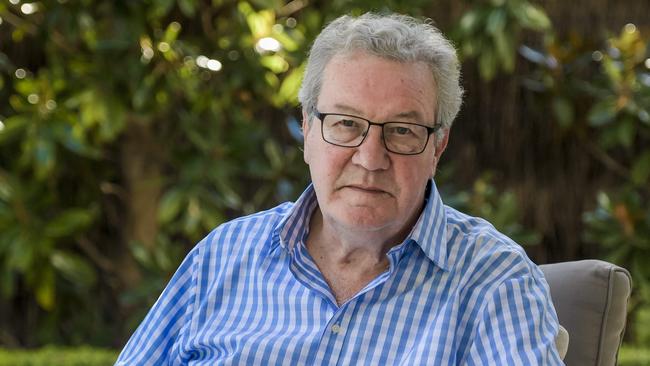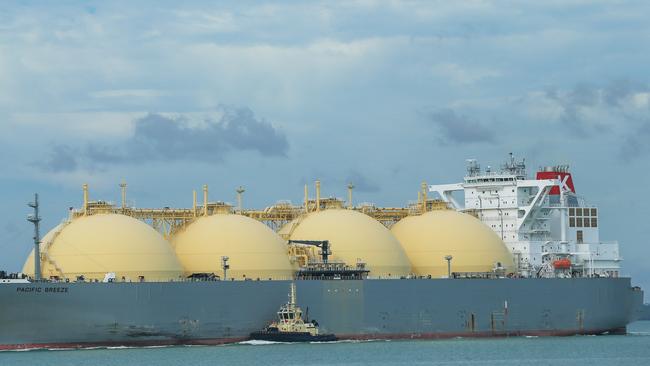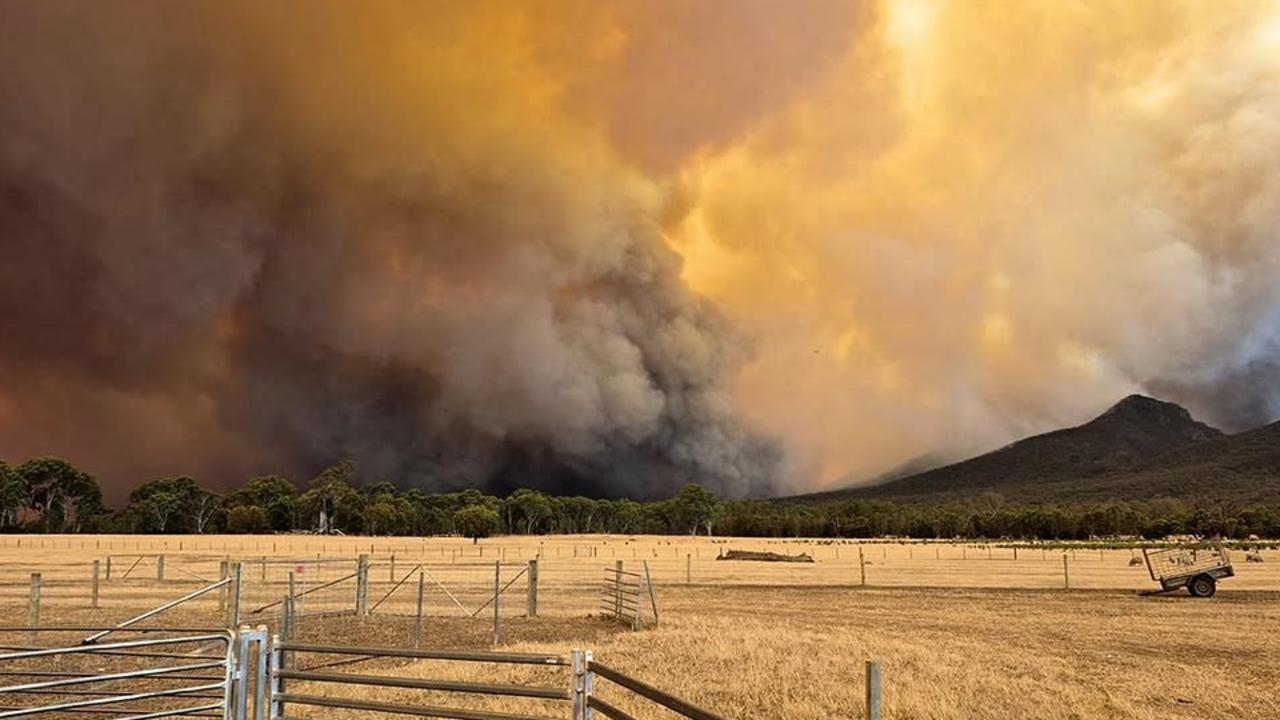Gas exports fuel Australia’s diplomatic clout in Asia – and scaling them back would have disastrous results
Australia would lose significant influence in the Asia-Pacific if we stop exporting liquefied natural gas, top foreign policy experts warn.

National
Don't miss out on the headlines from National. Followed categories will be added to My News.
Supplying gas to key allies is crucial for bolstering our national security by underpinning their industry and prosperity, according to respected analysts.
In an interview with this masthead, Australia’s longest-serving foreign affairs minister Alexander Downer singled out two of Australia’s biggest gas export destinations, Japan and South Korea, saying this energy was “vital and life-giving”.
Australian Strategic Policy Institute national security programs director John Coyne agreed, saying the exports were “a form of soft power that strengthens our national security”.
Latest figures show Australia is the world’s seventh-largest global gas producer. About 70 per cent is exported. Japan accounts for 36 per cent of these and South Korea 14 per cent.
Australia is the world’s second-largest liquefied natural gas (LNG) exporter, sending more than 81m tonnes offshore.

Mr Downer, who was foreign affairs minister from 1996-2007, said South Korean and Japanese industry relied on Australian energy.
“It is literally vital, that is, life-giving to two countries that are really important to us. One is Japan and the other is South Korea. Australia is, by far, the largest gas supplier to both of those two countries,” he said.
“Their economic prosperity, I mean, all economic prosperity is built on energy and that prosperity is substantially built on the back of energy supplies from Australia, not least gas.”
Mr Downer said Australia was very closely aligned with South Korea and Japan, despite not having formal alliances.
But he said restricting or diminishing gas supply to these two key allies would “have a very deleterious effect on our bilateral relations with them”.
“We would have less security because we would have lost key allies, countries that were really important to us in the Indo-Pacific region,” he said.
“South Korea and Japan are both allies of the United States. They’re an important part of the power balance in the Indo-Pacific region.”
Mr Downer, also a former Australian high commissioner to the United Kingdom, is now chairman of leading UK think tank Policy Exchange and South Australian natural hydrogen gas exploration firm Gold Hydrogen.
Dr Coyne, who has worked in intelligence and national security services for more than 25 years, said gas exports to Japan and South Korea were “more than just an economic transaction” but a “strategic lifeline that supports the prosperity and industrial strength of these nations”.

“The notion that reducing Australia’s gas supply to Japan and South Korea will simply lead them to stop using gas is naivety at its finest. These countries are not going to abandon natural gas – they rely on it for their industrial and economic stability,” he said.
“If Australia were to reduce its supply, they would inevitably seek alternatives from jurisdictions with far less regard for environmental, social, and governance (ESG) standards.”
This would both diminish Australia’s influence in the region and undermine global efforts to promote cleaner, more responsible energy production.
“The real risk here is that these nations could turn to less ethical suppliers, which would not only harm Australia’s international standing but also compromise the broader objectives of global energy security and sustainability,” Dr Coyne said.
Jemena managing director David Gillespie said gas’s clear role in Australia and the region was to help decarbonise the energy system by replacing coal.
“In Asia, a big role for gas, and LNG particularly, is to reduce their reliance on coal and so we should be supporting that. It’s a benefit for our country. It’s also an ability to reduce the emissions intensity of the entire region,” he said.
“I think it’s something fundamentally from a macro level GDP and standards of living perspective that is integral to how Australia’s whole economic base has been founded.”



